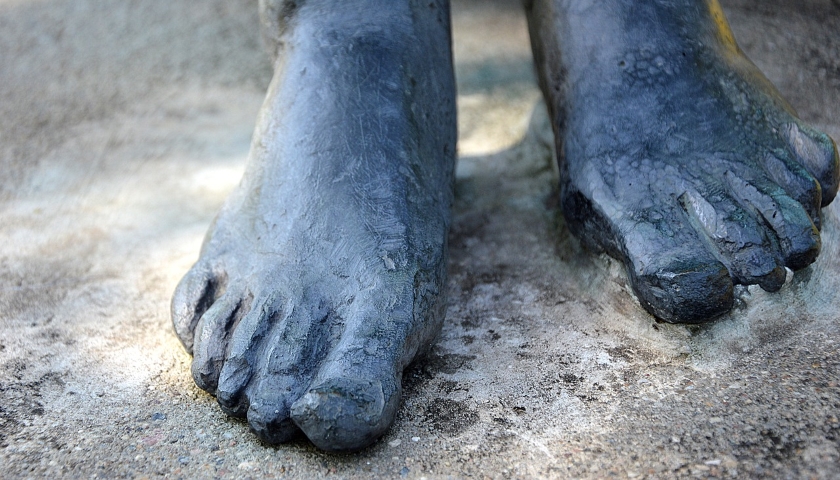Diabetic foot ulcer tool ‘could help cut treatment costs’

Caring for people with diabetic foot ulcers costs NHS England the region of £1 billion a year, but the developer of a new digital tool says it could help reduce the burden.
Flexitol’s main business is the manufacture and sale of a range of urea-based diabetic foot care products used by diabetics, and has developed the new tool to help doctors prevent the formation of ulcers and progression to limb amputation that can occur in severe cases.
There are around 7,000 lower limb amputations in people with diabetes in England each year, and up to 75,000 people in the country will have a diabetic foot ulcer in any given week, according to an Insight Health Economics report.
Raised blood glucose levels may, over time, cause damage to the blood vessels and nerves in the legs and feet. This can result in loss of feeling so that minor injuries are missed, as well as reduced blood circulation and slow wound healing.
The new tool can be used by practices, Clinical Commissioning Groups (CCGs) and Sustainability and Transformation Partnerships (STPs) to calculate how much they are spending on managing diabetic foot ulcers, says Flexitol.
It will also give recommendations on the use of treatments which can help to reduce the need for healthcare profession interventions, and therefore NHS costs related to ulceration and amputation, according to the company.
Diabetic foot complications are the largest single reason for hospital admissions among people with diabetes, and cost society an estimated £13.9 billion a year in additional social costs. And with rates of diabetes still rising
Flexitol’s senior brand manager Nathan Mooney said the toll “will help highlight this issue and ultimately help to reduce the number of diabetic foot complications.”
The launch of the new tool comes shortly after the publication of a new framework document on diabetic lower limb care, developed by a team of specialists including podiatrists and nurse consultants, which was produced with grants from Flexitol, Integra and Urgo Medical.
The aim of the new guide is to “ensure that all people with diabetes in the UK have their feet cared for by healthcare professionals with appropriate skill sets to improve patient outcomes, such as ulcer-free and amputation-free survival,” says the foreword to the report by Joanne McCardle, a consultant podiatrist and chair of the working group that developed the document.












